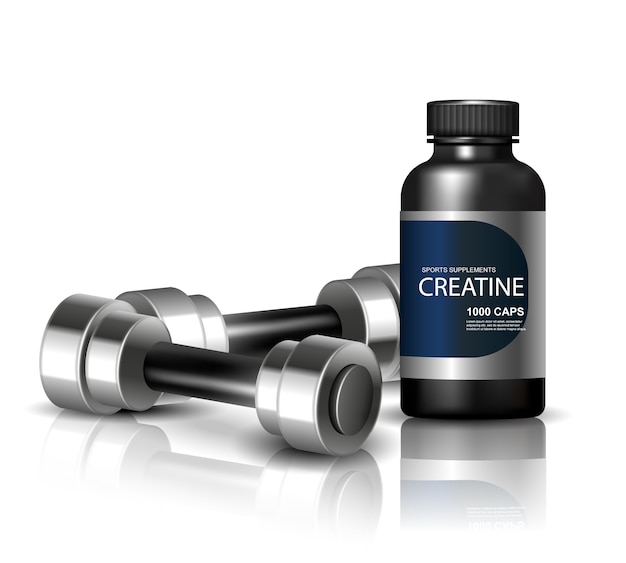Polycystic Ovary Syndrome (PCOS) affects millions of women worldwide, bringing challenges like insulin resistance, weight management issues, hormonal imbalances, and fatigue. While medication and diet play crucial roles, exercise—particularly strength training—has emerged as a powerful tool in managing symptoms. But when it comes to choosing between free weights and machines, which option supports better outcomes for women with PCOS, especially in terms of metabolic health and hydration?
Strength training improves insulin sensitivity, helps regulate menstrual cycles, supports healthy weight management, and reduces androgen levels—all key concerns for those with PCOS. Additionally, building lean muscle mass increases resting metabolic rate, making it easier to maintain a healthy weight over time.
But not all strength training is created equal. The debate between free weights (like dumbbells, barbells, and kettlebells) and machines (like leg presses or cable systems) often centers on safety, effectiveness, and accessibility—especially for beginners or those managing chronic conditions.

Free weights engage multiple muscle groups and require stabilization, mimicking real-life movements. This functional approach activates the core, improves balance, and enhances neuromuscular coordination—critical for long-term mobility and injury prevention.
For women with PCOS, this type of training can be especially beneficial. Compound movements like squats, deadlifts, and overhead presses trigger greater hormonal responses, including increased growth hormone release, which supports fat metabolism and muscle development.
Additionally, free-weight exercises often involve larger ranges of motion, leading to greater calorie expenditure per session—a plus for those managing weight due to insulin resistance.
Machines offer guided movement patterns, making them ideal for beginners, those recovering from injury, or individuals new to strength training. The fixed path reduces the risk of improper form and allows for targeted muscle isolation.
For women with PCOS who may experience joint pain, fatigue, or low exercise tolerance, machines provide a structured way to build strength without overexertion. They also allow for precise tracking of progress—useful when consistency is key.
Hydration plays a surprisingly vital role in managing PCOS symptoms. Dehydration can worsen insulin resistance, increase cortisol levels, and lead to fatigue—common issues for those with the condition.
Strength training, especially intense sessions with free weights, increases fluid loss through sweat and metabolic demand. Therefore, proper hydration before, during, and after workouts is essential—not just for performance, but for hormonal balance.
Aim for at least 2–3 liters of water daily, more if exercising. Adding electrolytes (especially magnesium and potassium) can support hydration and help manage PCOS-related bloating and cramps.

Start Where You Are: If you're new to exercise, begin with machines to learn movement patterns. As confidence grows, incorporate free weights gradually.
Blend Both Approaches: A balanced program might include machine-based exercises for isolation (e.g., leg extensions) and free weights for compound lifts (e.g., dumbbell squats).
Track Progress Smartly: Use a journal or app to log weights, reps, sets, and how you feel. Note energy levels, hydration habits, and menstrual cycle phase—this helps identify patterns related to PCOS.
Set Realistic Goals: Focus on non-scale victories like improved strength, better sleep, or reduced bloating. These are often more meaningful indicators of progress with PCOS.
Neither free weights nor machines are inherently superior for PCOS management. The best choice depends on your fitness level, goals, and how your body responds. What matters most is consistency, proper form, and supporting your workouts with good hydration and self-awareness.
By combining the strengths of both training styles, tracking your progress thoughtfully, and prioritizing hydration, you can build a sustainable fitness routine that empowers your PCOS journey—one rep at a time.

Wellness

Wellness

Wellness

Wellness

Wellness

Fitness

Wellness

Fitness

Fitness

Fitness

Wellness

Wellness

Health

Fitness

Health

Health